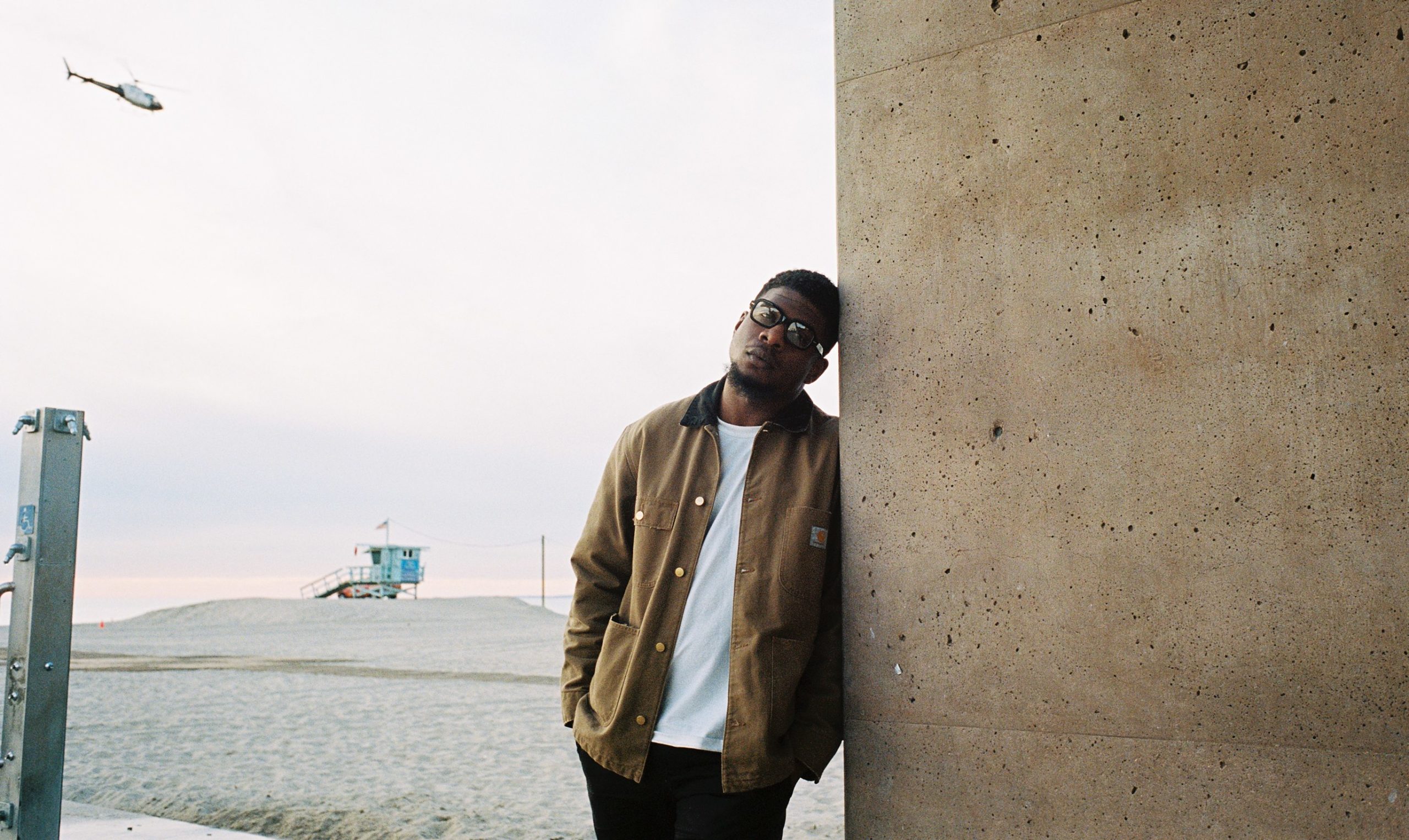To rapper Mick Jenkins, the world is insane. It’s a carnivalesque spectacle that teeters on the precipice of insanity, inspiring his recent EP The Circus, which uses deceptively soothing production to counter its inherent anxiety. The Chicago-native Jenkins merges boom-bap instrumentation from producers like Black Milk and Hit-Boy with his own fluid verses that flow like crisp champagne. The hermit-like rapper hid away to perfect his craft, stockpiling song ideas while his peers were basking in the limelight. Now, his vault is overflowing—Jenkins even has enough music for a new full-length album which is slated for a summer release.
The Circus builds on earlier works and gives listeners a taste of what Jenkins has planned next: mellifluous production layered with surrealist imagery encompassing everything from his first-hand experiences with police harassment to personal vibe checks, while still leaving room for entertainment value. “The balance for me is, how do you do that and still make it a vibe,” Jenkins says of weighing entertainment with the harsh realities. “Sometimes when you speak on those realities it can be taxing on a listener. I don’t want to vibe to serious things all the time. That’s why I was like, ‘How do I do this and make it something people still want to replay, whether you want to think about the depth of it or if you just want to rock out to the beat and the chorus?’”
Unlike his previous albums Pieces of Man and The Healing Component, The Circus lacks a thematic center—a conscious choice by Jenkins to give himself more creative freedom. However, this lack of theme essentially becomes the new theme—working cohesively by working incoherently. “I think the theme is very loose. I didn’t try to stick to a concept like I usually do. It’s just the idea that we are living in a circus,” says Jenkins.
While The Healing Component focused on love and spirituality and Pieces of Man delved into the personal, The Circus loosely centers around the Black Lives Matter movement. “I think my process has changed. It’s taxing to do what I did on The Healing Component and go deep and try to make every song connect,” Jenkins says with a chuckle. “I want to focus on other parts of the creation—it’s a welcome change for me.” He wants people to look at his music in multiple ways, writing songs as likely to be jokes as they are to be serious.
“I don’t want to vibe to serious things all the time. That’s why I was like, ‘How do I do this and make it something people still want to replay, whether you want to think about the depth of it or if you just want to rock out to the beat and the chorus?’”
Whether rapping about flaunting gold chains or getting harassed by police at the beach, referencing Devin Booker or Brodie from The Wire, the autonomy to play with divergent ideas has given Jenkins the power to create free-flowing imagery that toys with the listener’s imagination while still maintaining his usual style of race-conscious hip-hop. “By and large, people act like you need those kinds of records,” he explains, referring specifically to his song “Flaunt,” a meta-piece about brandishing jewelry. “It represents a certain image that a rapper is supposed to have. Those things I was saying are real. I mean, I like those things. That’s my shit. I’m living within my means,” he laughs.
Talking about real-life experiences comes naturally to Jenkins. This is evident in “Carefree,” which juxtaposes a casual beach party with the stress of being profiled and discriminated against by the police. “Yeah, it’s not a theme,” says Jenkins bluntly. “It’s part of my life.” “Carefree” is an autobiographical song: Four police officers once rushed Jenkins and his friends while they were relaxing by the water in the middle of the night. When they were finally at a place where they could communicate with the cops, they were told the beach was closed.
“All of this was not necessary. That was way too much. They could have just told us and we would have got up and walked away,” Jenkins says. “Why did four police officers run up on us with lights on our faces? Why did you take my Stella Rosa and pour it out? Is it that bad? What the fuck is that? It be shit like that, in the grand scale of life, it isn’t that bad. But day-to-day, like my fucking freedom to chill at the beach—why does it have to be like that?” FL







